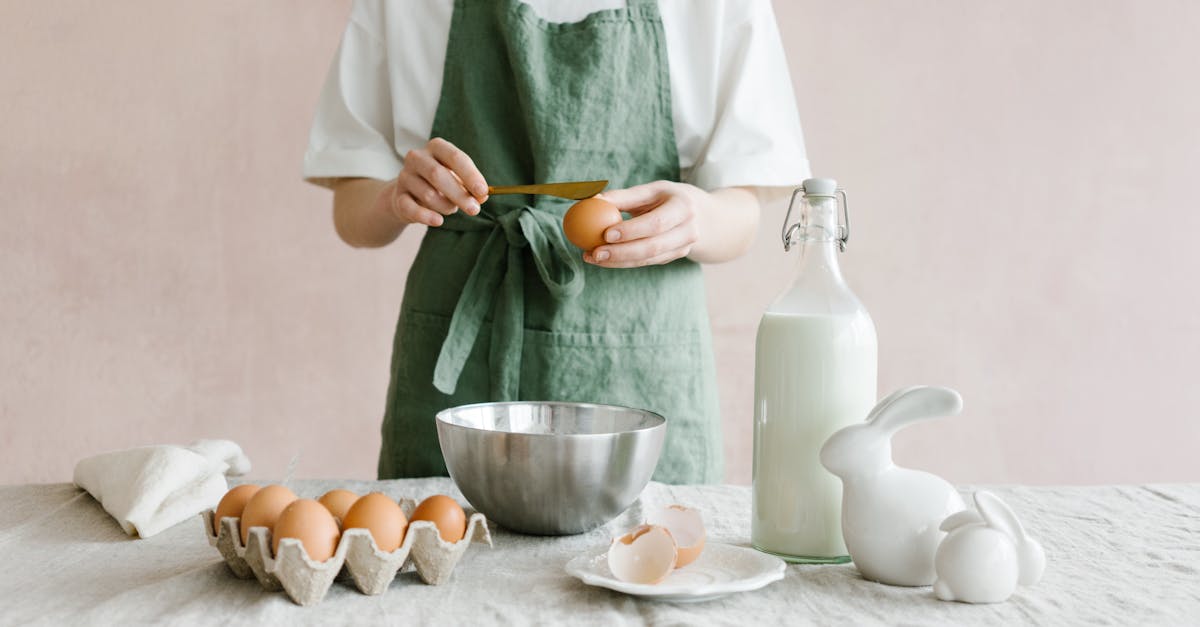
Best Rabbit Food For A Healthy Diet
- October 03, 2024
- 3 min Read
- Views 183
Best Rabbit Food for a Healthy Diet
Rabbits are delightful pets known for their playful nature and gentle demeanor. A critical aspect of maintaining their health and happiness is ensuring they consume the best rabbit food for a healthy diet. Understanding the nutritional needs of rabbits can help prevent common health issues and promote longevity. Here, we'll explore the essential components of a rabbit's diet, including the best practices for feeding them.
Understanding Rabbit Dietary Needs
Rabbits are herbivores, which means their diet needs to be primarily made up of plant-based foods. Fiber is particularly important in a rabbit's nutrition because it supports their digestive systems and keeps their teeth in optimal health. Rabbits have unique digestive tracks that require a diet high in indigestible fiber. The lack of proper fiber can lead to gastrointestinal stasis, which can be fatal.
Another critical component of a rabbit's diet is water. Dehydration can lead to serious health issues. Fresh, clean water should always be available to your pet rabbit.
Components of the Best Rabbit Food for a Healthy Diet
To ensure your rabbit is receiving the best nutrition, a balanced diet should consist of the following:
- Hay: Hay should constitute the majority of your rabbit's diet. Options such as Timothy hay or oat hay are excellent choices. They are high in fiber and provide the roughage necessary for good digestive health.
- Fresh Vegetables: Vegetables such as leafy greens, carrots, and bell peppers can provide essential nutrients. A mixed vegetable intake is crucial for providing vitamins and minerals.
- Pellets: While not as necessary, high-quality rabbit pellets can complement their diet. Opt for pellets that are high in fiber and low in protein and calcium.
- Fresh Fruits: Fruits should be given sparingly due to their high sugar content. Fruits like apples, strawberries, and blueberries can be offered as occasional treats.
A Step-by-Step Guide to Feeding Your Rabbit
- Choose the Right Hay: The foundation of the best rabbit food for a healthy diet. Ensure that fresh hay is available at all times.
- Introduce Vegetables Gradually: Vegetables should be introduced slowly to observe any digestive issues. Introduce one type at a time and monitor your rabbit's health.
- Portion Pellets Properly: Limit pellets to prevent obesity. Depending on the age and size of your rabbit, adjust the portion size accordingly.
- Use Fruit Sparingly: While fruit provides a delicious treat, it should not replace regular meals. Give in moderation.
- Maintain Fresh Water Supply: Always ensure your rabbit has access to clean, fresh water. Check their water bottle or bowl daily.
- Monitor Weight and Health: A regular check-in on your rabbit's weight and overall health can help prevent diet-related issues. A balanced diet should keep them at a healthy weight.
Frequently Asked Questions
What foods are toxic to rabbits? Some foods toxic to rabbits include chocolate, avocado, and the leaves of tomato plants. Additionally, iceberg lettuce should be avoided as it can cause digestive issues.
How often should I feed my rabbit? Rabbits should have access to hay at all times. Vegetables and pellets can be given twice a day, and fruits can be introduced as a treat once or twice a week.
Can rabbits eat fresh herbs? Yes, many fresh herbs such as basil, parsley, and mint are safe for rabbits and can be a delightful addition to their diet.
Tags
Rabbit diet, healthy rabbit food, best rabbit diet plan, pet rabbit nutrition, feeding rabbits
References
People Also View
-
1September 30, 2024
-
2October 01, 2024
-
3October 09, 2024
-
4October 03, 2024
-
5October 01, 2024
Categories
- Near Me 2147 Posts
- How To 548 Posts
- Where To 257 Posts
- Why 90 Posts
- How Much 97 Posts
- Travel 202 Posts
- Food And Drink 815 Posts
- Shopping 797 Posts
- Lifestyle 1050 Posts
- Automotive 364 Posts
- Digital Income 70 Posts








